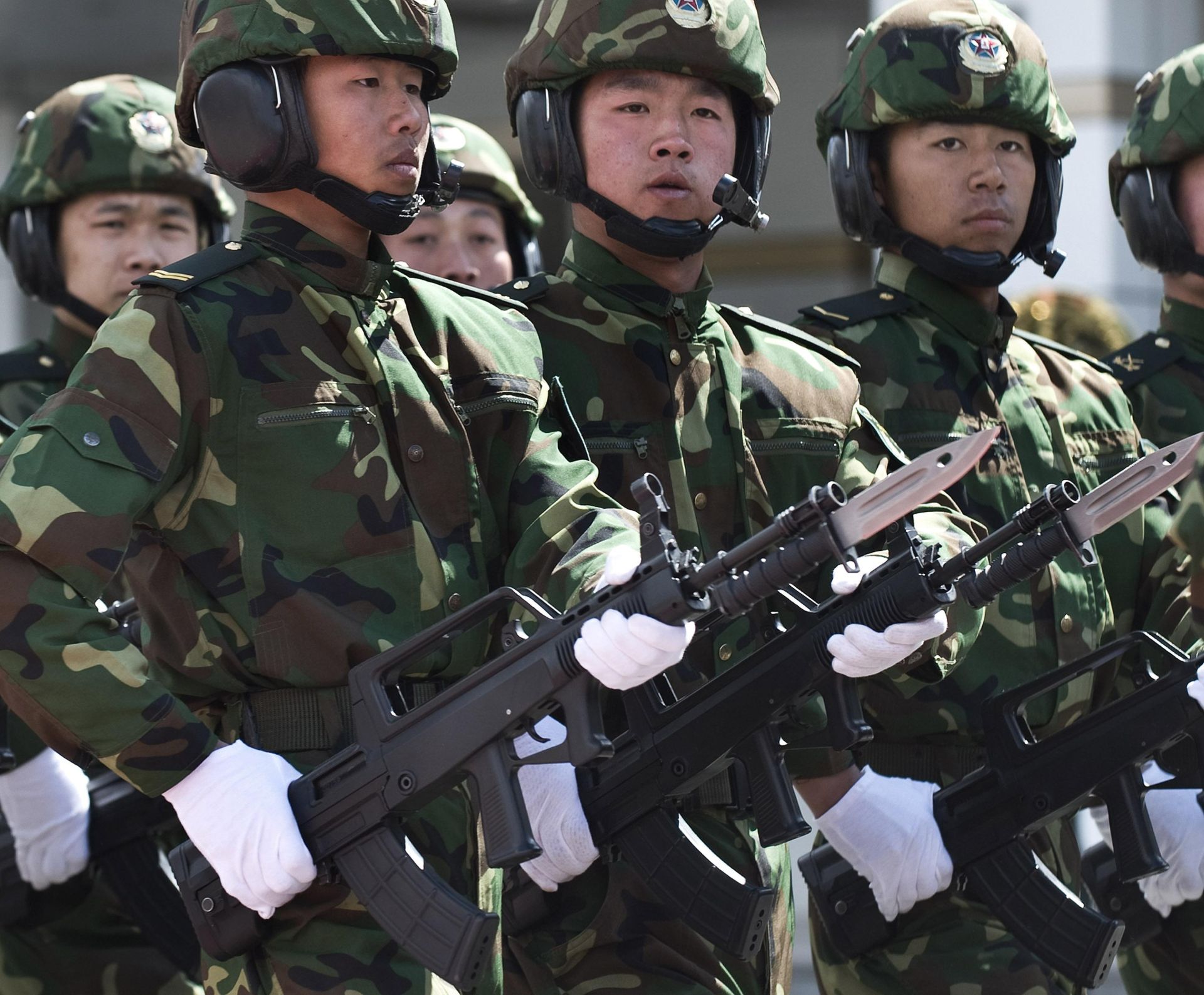China has offered the Philippines guns and equipment worth $14 million to wage its war on drugs and combat terrorism, Manila’s defence minister said Tuesday, as ties improve under President Rodrigo Duterte.
Beijing has publicly backed the controversial campaign, which has left 5,300 people dead in less than six months and drawn criticism from the United Nations and the United States, Manila’s ally.
Defence Secretary Delfin Lorenzana said the latest offer came from Chinese ambassador Zhao Jianhua who met him and Duterte on Monday.
“(The ambassador) told the president: ‘I know your problems in terrorism and in drugs so we would like to help you,'” Lorenzana told reporters.
The Chinese embassy did not immediately reply to requests for comment.
Lorenzana said the Philippines might use the $14 million grant to acquire small arms, fast boats or night-vision goggles, adding the deal would be finalised before year-end.
China also offered long-term soft loans worth $500 million which the Philippines would get next year to fight illegal drugs and terrorism, Lorenzana added.
Duterte, 71, launched an unprecedented anti-crime crackdown after winning May elections on a pledge to eradicate drugs by killing tens of thousands of criminals.
Despite their conflicting territorial claims in the South China Sea, Duterte has meanwhile sought warmer relations with Beijing.
He has repeatedly credited China for offering to supply the Philippines with arms and aid under generous terms.
In contrast, he has criticized a US decision to defer action on hundreds of millions of dollars in proposed development aid, as well as to block the sale of rifles to Manila over human rights concerns.
“I do not need your assistance,” Duterte said in a speech Monday with the US envoy in attendance.
“China is going to release to me 50 billion. Go home, I do not need your aid,” he added without specifying the currency.
Lorenzana said his aides would visit China next year to inspect the weapons on offer.
He added China was also spending on a drug rehabilitation center in the Philippines following the inauguration of a major facility in October funded by a Chinese businessman.










